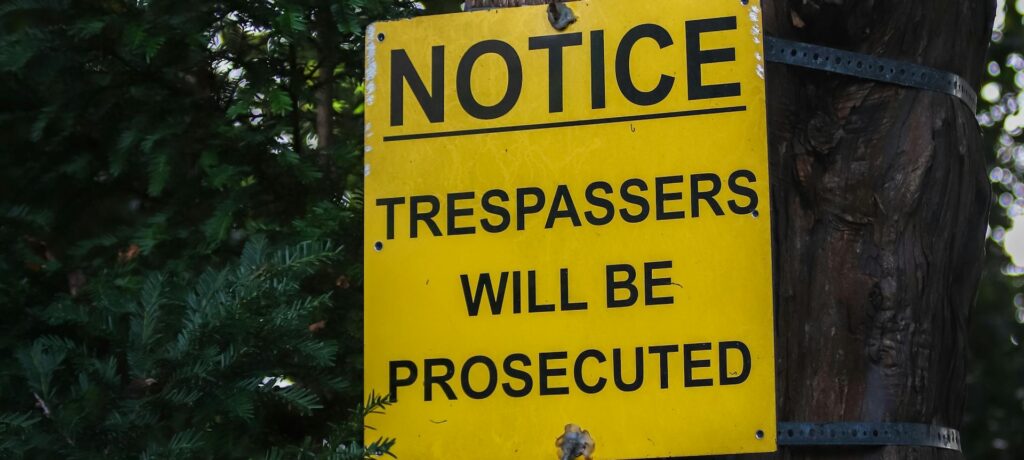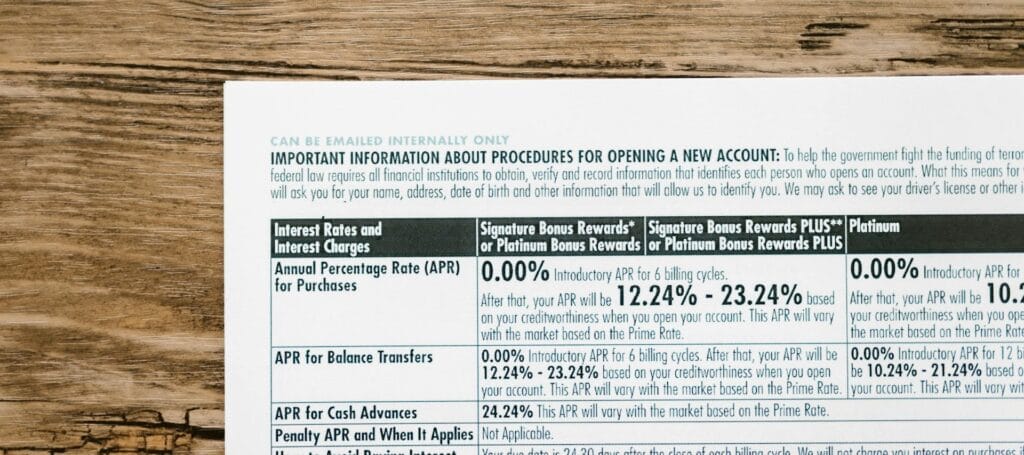It Starts With a Letter. Ends With a Crore.
The CEO’s phone buzzed at 7:46 AM.
“Sir, we’ve received a notice under the DPDP Act. There’s a hearing date. Something about a ‘failure to obtain valid consent.’”
He blinked.
Didn’t we have a privacy policy?
Didn’t legal say we were fine?
Why are we being fined ₹50 lakh?
Welcome to DPDP 2025 — where your data practices can land you in legal, financial, and reputational ruin even if you thought you were covered.
Let’s break it down. No sugar-coating.
1. The DPDP Act Is Not Just “One More Compliance”
Unlike previous data rules that ended with an “advisory,” the Digital Personal Data Protection Act, 2023–25 is a binding, enforceable law. It empowers India’s Data Protection Board (DPB) to:
- Investigate breaches
- Impose fines up to ₹250 crore
- Ban data processing activities
- Order business operations to halt
It doesn’t matter if you’re a startup or a unicorn. If you process user data, you’re in the ring.
What CEOs miss:
DPDP fines aren’t about whether you had a policy. They’re about whether you had proof that you followed it.

2. Consent Isn’t a Checkbox. It’s a Legal Contract.
In too many Indian boardrooms, “We added a consent box on the website” becomes the grand compliance plan.
But here’s the reality under DPDP:
- Consent must be specific, clear, and purpose-bound.
- Users must have easy opt-out options.
- You must retain verifiable logs of consent.
- Dark patterns, default opt-ins, or buried disclaimers are now punishable.
One DPDP case already triggered a ₹1 crore fine because the app “assumed consent” for ad tracking after login. That’s not just sloppy. It’s illegal now.
Fairness works both ways. Your user gave you their trust. The law ensures you don’t betray it.
3. “We Use Third-Party Tools” Is Not a Defense
“Oh, but the breach was on our vendor’s side…”
That excuse won’t save you.
Under DPDP, you’re liable for your data processors.
That includes:
- Analytics tools (Google, Meta, Mixpanel)
- Cloud services (AWS, Azure)
- CRM platforms
- Outsourced customer support
- Marketing automations
If anyone in your ecosystem mishandles data, the spotlight falls on you—the Data Fiduciary.
What you must do:
- Sign Data Processing Agreements (DPAs)
- Conduct Data Protection Impact Assessments (DPIAs)
- Audit vendor compliance before onboarding them
Autonomy isn’t just about users controlling their data. It’s about you owning your data chain.
4. HR Data Is the Hidden Landmine
Most CEOs focus on customer-facing compliance.
But your employee database is where you’re most exposed.
Here’s what DPDP covers under “personal data”:
- Biometric attendance
- PAN, Aadhaar, and KYC records
- Health insurance files
- Background check results
- Exit interviews
If your HR portal was built in 2018 and no one reviewed its access logs since, you’re likely non-compliant by default.
We’ve seen cases where exited employees downloaded sensitive team data—and the company couldn’t prove consent revocation or access revocation timelines.
DPDP cares. So should you.

5. Children’s Data = Maximum Penalties
Let’s say your app collects names, school info, or birthdays of kids under 18.
Guess what? You’re in special category data now.
That means:
- You need verifiable parental consent.
- No behavioral profiling or targeted ads.
- Full deletion rights upon request.
Failure to comply?
DPDP enables fines up to ₹200 crore in such cases—even if no breach occurs.
Why the heavy hand?
Because under Indian law, protecting minors’ data is not just a policy—it’s a moral contract with society. And the government is watching closely.
6. You’re Only Safe If You Can Prove You’re Safe
Most DPDP violations aren’t caught by malicious intent. They’re caught by absence of evidence.
In a DPDP audit, you’ll be asked:
- “Show your data flow diagram.”
- “Where’s the consent audit trail for this campaign?”
- “Who is your appointed Data Protection Officer (DPO)?”
- “Where are your breach logs and risk assessments?”
If your answer is:
“Uh… our IT head takes care of that”
then you’re already bleeding compliance risk.
Remember: Burden of proof lies with the Data Fiduciary, not the user.
7. Data Breach Notifications: 72 Hours or Penalties
If your systems are breached (yes, even if encrypted), the DPDP mandates:
- Notify the Data Protection Board within 72 hours
- Notify affected users without delay
- Document all risk mitigation steps
Failure to do so? You can be fined for concealment even if you weren’t the original target.
This is where CEOs usually panic. Legal, tech, PR, compliance—all scrambling after the horse has bolted.
And still, most never realize that preparation could have cost ₹1 lakh, not ₹10 crore.

DPDP Is a CEO’s Responsibility—Not Just Legal’s
You can outsource your IT.
You can outsource your legal work.
But you cannot outsource liability.
In 2025, compliance is a leadership trait.
When you ignore DPDP, you’re not saving cost—you’re stacking risk. And that risk isn’t theoretical. It comes with real penalties, real notices, and real boardroom chaos.
The smartest CEOs?
They’ve moved from “policy” to proof.
From “we’re covered” to “we can demonstrate compliance, right now.”
Can you?
🛡️ Prgenix Can Help You Stay Ahead of DPDP
From mock audits to DPO-as-a-service, we help Indian businesses of all sizes:
- Draft DPDP-compliant policies
- Implement tech + human safeguards
- Train teams
- Create evidence trails for inspections
- Avoid fines before they become headlines